OUR CHILDREN NEED YOU!
What is a casa?
CASA stands for Court Appointed Special Advocate. A CASA is a Court Appointed Special Advocate — a trained community volunteer who stands beside a child in foster care and makes sure their voice is heard. CASAs come from all walks of life, united by a commitment to advocate for the best interests of children and sibling groups in our community.
By getting to know a child’s unique story, working closely with professionals on their case, and ensuring their needs are met, CASAs often become the most consistent adult presence in a child’s life. In court, their reports give judges the insight needed to make the best decisions for a child’s future
STEPS TO ADVOCACY
-
1
LEARN WHAT IT TAKES
Start by reviewing the requirements to become a CASA volunteer. Then, sign up and attend an Info Session by clicking the “Apply Today” button above, to hear directly from our Outreach Coordinator about the role and what to expect. Once you’ve completed the session, you’ll be ready to move forward with the application process.
-
2
APPLY
Take the first step toward becoming a CASA volunteer: Click ‘Apply Today’ to register for an Info Session. Before attending, please review the volunteer requirements below. Our Outreach Coordinator will provide detailed information about the role during the session, after which you can proceed with your application.
-
3
INTERVIEW
Your initial interview is a chance for us to get to know you — your background, your interests, and why you want to become a CASA volunteer. It also gives you the opportunity to ask questions and learn more about the role. Because CASAs work closely with children in foster care, we take care to ensure volunteers are ready and motivated for the right reasons.
-
4
COMPLETE YOUR TRAINING
Our hybrid training program is designed to prepare you to be a successful advocate for children in foster care. You’ll complete 40 hours of in-person and online instruction, covering topics such as child development, dependency law, and cultural agility. By the end of training, you’ll feel confident and ready to begin your advocacy journey.
-
5
MEET YOUR SUPERVISOR
After completing training, you’ll be matched with an Advocate Supervisor, a CASA of Solano County staff member who will work closely with you on your case. Your supervisor will provide guidance, resources, and support every step of the way, ensuring you feel prepared and supported in your new role as a CASA volunteer.
-
6
BEGIN ADVOCATING
Once you’ve completed training and passed all required background checks, you’re ready to step into your role as a CASA. You’ll be officially sworn in by the Presiding Judge of the Juvenile Court and then matched with a child or sibling group. From that moment, you’ll begin building a consistent and trusted relationship, advocating for their best interests both in and out of court.

To begin your journey as a CASA volunteer, here’s what you’ll need:
To serve as a CASA volunteer, you must:
Be at least 21 years old
Commit up to 24 months of service
Hold a valid California ID
Have reliable transportation
Pass a criminal background check
Be willing to travel within Solano County
Maintain confidentiality and professional boundaries
Please note, you may be ineligible to volunteer if:
You work or volunteer for an agency that serves children in foster care or their families
You hold an active foster parent license
You are in the process of adopting a child through the County
You have more than three minor moving violations within the past three years
You have had a major moving violation (such as a DUI conviction) within the past four years
If you’re unsure about eligibility, we encourage you to reach out. Our team is here to help.
CASA Top 10 Commitment List
1.Gather Information
Review case documents and speak with the child and key people in their life to understand the full picture of their situation.
2. Build a Relationship
Meet with the child regularly, listen to their needs, and use what you learn to shape thoughtful recommendations.
3. Facilitate Communication
Connect with family members, caregivers, and professionals to better understand the child’s life and ensure their needs are heard.
4. Provide Written Reports
Submit a detailed report for every court hearing that shares your findings, insights, and recommendations for the child’s best interest.
5. Attend Court Hearings
Be present at all hearings to advocate for the child and, when needed, provide testimony to support your recommendations.
6. Guide and Support the Child
Explain court proceedings and your role as their CASA in ways that the child can easily understand.
7. Recommend Services
Identify and recommend services that will benefit the child and their family, and advocate for resources that may not be immediately available.
8. Monitor Case Plans
Ensure court-ordered services and case plans are carried out, and report any changes or challenges as they arise.
9. Keep the Court Informed
Notify the court promptly of important updates in the child’s case so that timely and appropriate actions can be taken.
10. Advocate in the Community
Bring concerns about the child’s health, education, and well-being to the right professionals, ensuring their needs are met in every area of life.
